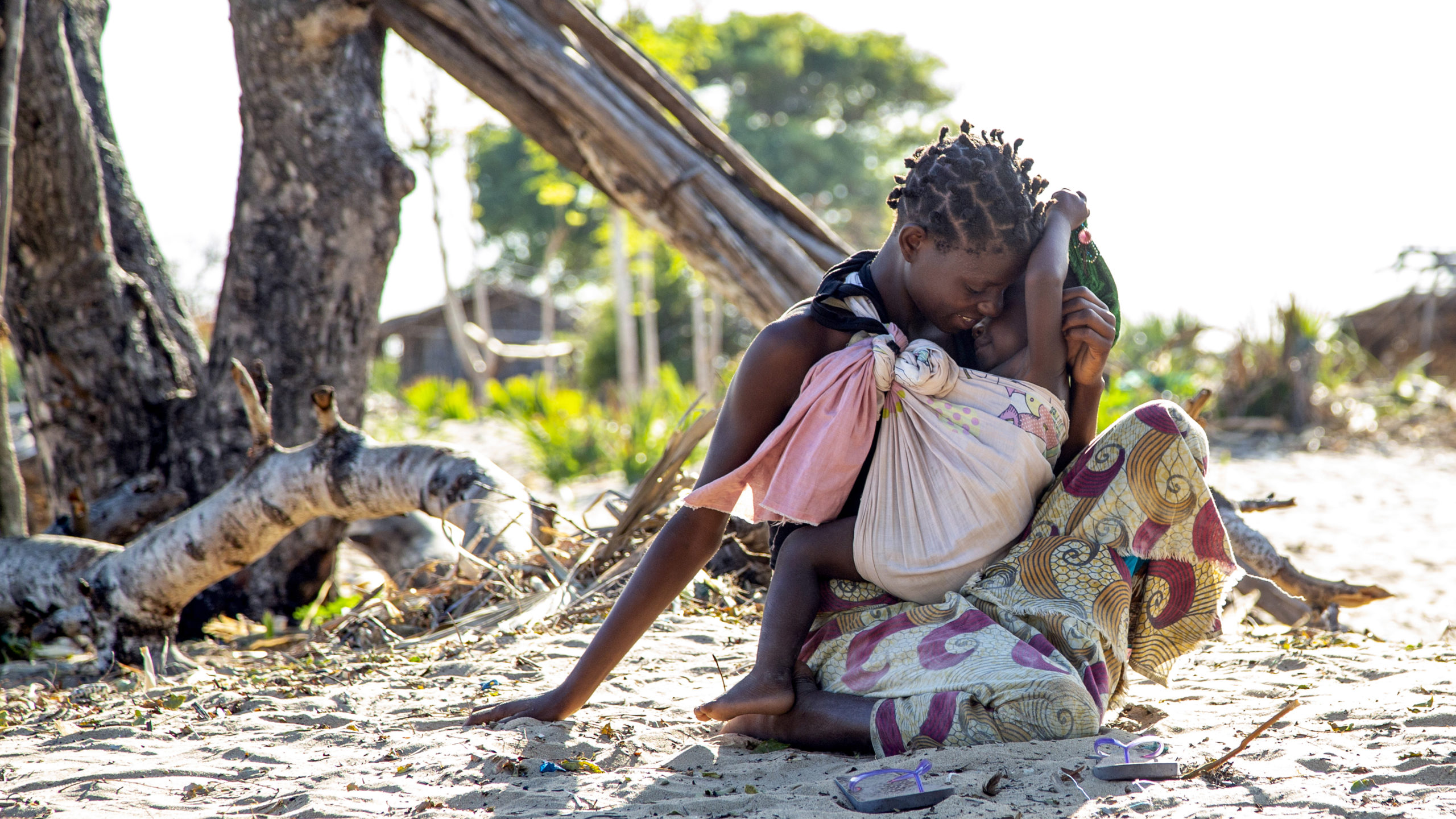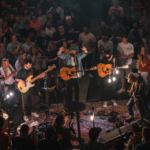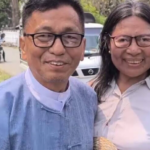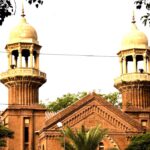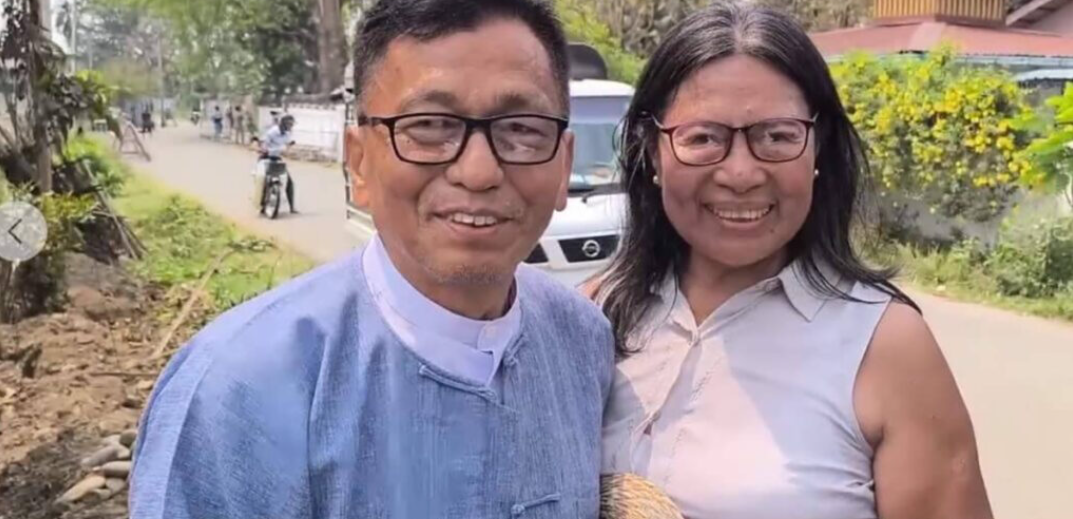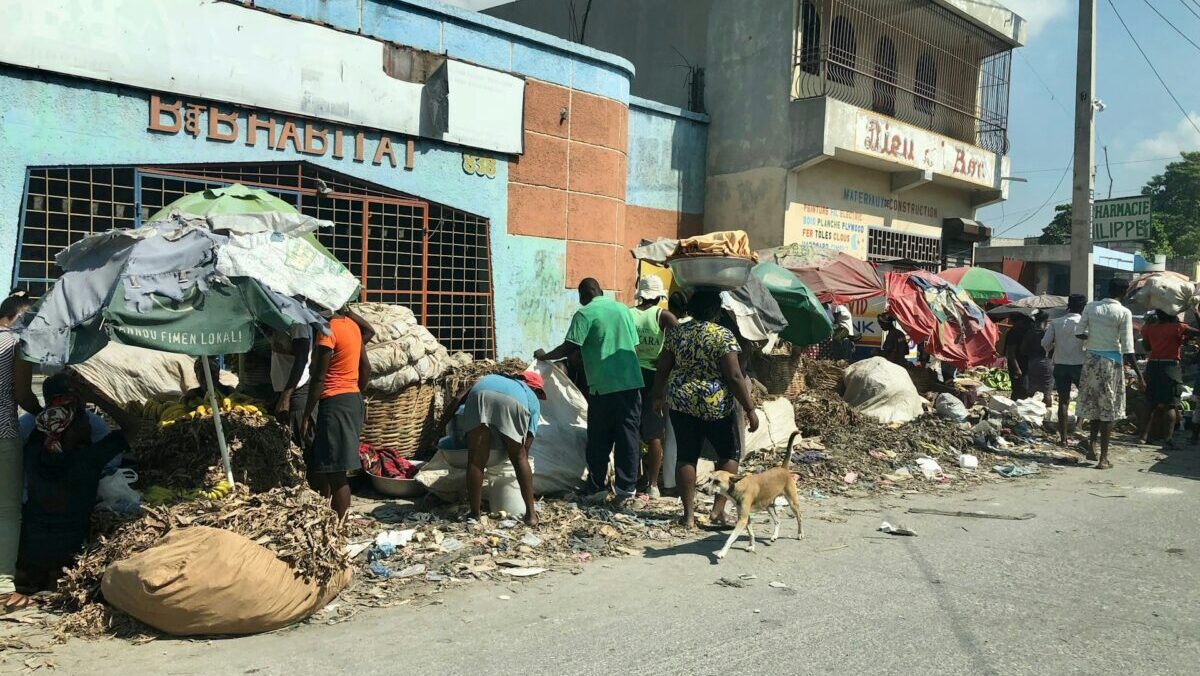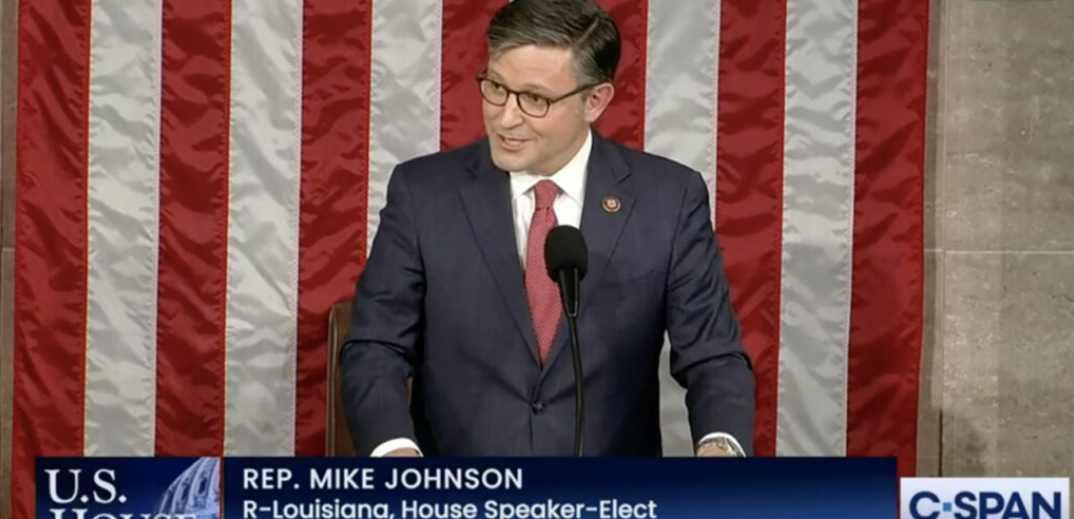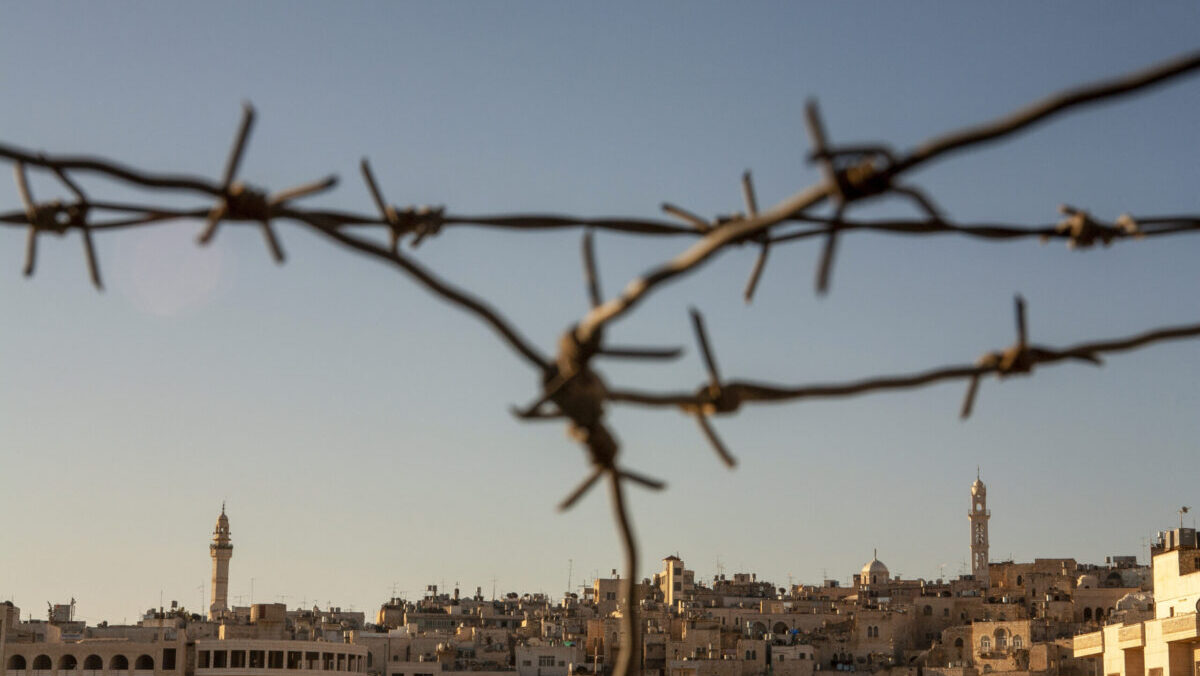Until recently, Mozambique did not have a reputation as a place where Christians face persecution.
But this year, for the first time, Mozambique was named to a list of the world’s top 50 places where persecution of Christians is the worst. Mozambique is No. 45 on the 2021 World Watch List compiled by Open Doors USA, an organization raising awareness of the plight of persecuted Christians.
As a whole, a majority of the Mozambique population is Christian. In a dossier about the southern African nation, Open Doors noted that 17.4 million (54%) of the country’s 32.3 million inhabitants profess to be Christian; 5.6 million (17.4%) are Muslim; and 9 million (28%) belong to ethnic religious groups.
Yet the country’s northern region, Cabo Delgado Province, has become known as the “land of fear” because of brutal attacks by radical Islamists on Christians, said the Barnabas Fund, which supports oppressed and persecuted Christians.
Both Barnabas Fund and Open Doors note Muslims have a prominent presence in the region. Islamist insurgents have been attacking, kidnapping or killing Christians and damaging or destroying homes, churches, schools and businesses.
‘Anyone who rejects ideology’
“The group’s hallmark is beheading and cutting their victims into pieces,” a Feb. 19 report from Barnabas Fund stated. “Their targets are Christians, moderate Muslims, the government and anyone else who rejects the jihadists’ ideology.”
According to the CIA World Factbook, insurgent attacks began in 2017. CIA statistics show that as of early 2021, fighting in Mozambique had left an estimated 2,500 dead and nearly 700,000 displaced.
A Barnabas Fund report added that violence reached a peak in the final months of 2020. Aid groups have documented numerous instances of violence against Christians in the northern sector, including:
- Two little boys and an adult hanged from a tree.
- Fifty-two people massacred after locals refused recruitment to a militant group.
- Fifteen people beheaded in Macomia and Meluco Districts, and 10 girls abducted in the Mocimboa da Praia District in a week’s time.
- Women and girls kidnapped by truckloads.
Cabo Delgado Province saw 101 violent incidents that killed 285 people between Jan. 1 and April 25, 2020, Open Doors reported. That is a 300% increase from the same period in 2019.
Travel warning
The situation in Cabo Delgado prompted the U.S. Embassy in Mozambique to issue a travel warning: “In certain districts of Cabo Delgado where ISIS-Mozambique operates, kidnappings and other atrocities associated with terrorism are frequent. … These armed extremists have used heavy weaponry to conduct lethal attacks against government security forces and the civilian population.”
Open Doors’ extensive dossier about Mozambique details what insurgents have done to the Christian community: “Islamic extremists have looted and destroyed many Christian places of worship, Christian schools and businesses owned by Christians. Christian aid workers were also targeted. Because of this, it is difficult to gather — either inside or outside of churches. …”
Wearing a cross, celebrating a Christian wedding or holding a baptismal service are among actions that can prompt an attack.
Government response to the situation has allowed insurgency to spread, Opens Doors reported.
“The country’s army withdrew from important strategic locations, so a persecution phenomenon that was limited to a smaller part of the country expanded in the last year.”
Government and security forces may lack the ability to combat violence and insurgency effectively, according to the CIA.
Will violence spread?
A growing concern is that violence in Cabo Delgado may spread to other parts of Mozambique and beyond. In fact, Open Doors noted armed groups already have reportedly crossed Mozambique’s border into Tanzania and killed people there.
In addition to Tanzania, Mozambique’s border touches Zimbabwe, Malawi, Zambia, Eswatini and South Africa.
One ISIS militant group “warned South Africa not to interfere in Mozambique politics especially regarding ongoing Islamic insurgency in the county,” according to Open Doors.
The American Enterprise Institute in Washington asserted that the insurgency could have far-reaching impact. In a Sept. 25, 2020, article, “The U.S. Is Unprepared for Africa’s Growing Terror Threat,” which is part of AEI’s Critical Threats Project, AEI research fellow Emily Estelle wrote: “The past shows that local conflicts that draw in the Salafi-jihadi movement and geopolitical rivals do not stay local. Their effects will be felt beyond Africa’s borders, acutely by our European allies and ultimately in the United States.”
Many residents have fled the region, and the displaced now are malnourished, begging for food and living in makeshift shelter in cramped areas where malaria and cholera are spreading. They had been receiving food shipments from Tanzania, but jihadists severed the supply chain, Barnabas Fund reported.
In addition to militant activity, drug cartels and organized crime also are sources of violence, the dossier noted.
“Drugs, illegal wildlife products such as ivory and illegal firearms are widely traded at ports. The Islamist group al-Sunnah wa Jama’ah has been involved in this illegal trade to fund the group’s activities. The thriving drug business affects Christian communities where threats are issued and acts of violence take place, especially where Christian missionaries evangelize among youth and among groups involved in the supply or use of drugs.”
History and context
Formerly a Portuguese colony, Mozambique became independent in 1975, the Open Doors dossier stated. The country’s actual name is Republica de Mocambique (Republic of Mozambique). Portuguese, the official language, is spoken by 16.6% of the population; but 26% speak Makhuwa, World Factbook commented.
The country was among the poorest in the world in 1975. That worsened between 1977 and 1992, a result of socialistic policies, mismanagement and civil war, the dossier reported. Massive emigration and a dependency on South Africa also slowed Mozambique’s development until the 1990s.
In 1989 and ‘90, Marxist policies were ended and a new constitution allowed multi-party elections and a free-market economy. The constitution provides the right to practice religion, but “bans all religious influence in public educational institutions. Some authorities also impose cumbersome registration requirements for religious groups,” according to the dossier.
The discovery of coal and gas reserves in 2010 brought foreign investment to Mozambique. At one point in its progress, the country’s gross domestic product averaged 7-8% growth for a decade, the dossier noted.
Even with progress, Mozambicans have faced great challenges. In 2019, the poverty rate stood at 61.8%, according to the dossier.
Disease, natural disasters and population growth, coupled with insufficient agricultural productivity, continue the poverty, World Factbook explained. Life expectancy is 56.49 years, and 45.5% of Mozambicans are younger than 15.
In 2019, an estimated 2.2 million Mozambicans had HIV/AIDS, with a 12.9% prevalence rate among adults, according to World Factbook. HIV/AIDS accounted for about 51,000 deaths in 2019: “Mozambique ranked among the worst in the world for HIV/AIDS prevalence, HIV/AIDS deaths and life expectancy at birth.”
In 2012, political and economic instability and violence began to rise again, Open Doors noted.
While Islamic oppression is the most prevalent persecution for Christians in Mozambique, it is not the only source — they may experience oppression from the government, family and tribal, or ethnic groups.
Female Christians especially at risk
Female Christians may face rape, sexual harassment or abduction, becoming forced labor or objects for sex. They may also be forced to convert to Islam and marry a Muslim man. If already married, they may be forced to divorce, lose custody of their children and lose inheritance, the dossier disclosed.
Males who become Christians may be killed, denied work opportunities or property, or forced to join a rebel group, the dossier said.
Christians may even be targeted by others grouped in the “Christian” category. In areas where Roman Catholicism is prominent, Christians of other denominations may experience discrimination.
The Barnabas Fund said it began in May 2020 to publicize the plight of Christians in northern Mozambique. Their report disclosed that news about the situation is being squelched through a ban on international journalists and intimidation of the local press. Two journalists reportedly were incarcerated for months in a military prison.
How to pray
Open Doors says persecuted Christians in Mozambique’s Cabo Delgado Province need prayer for:
- peace for those who survived an attack or lost loved ones in an attack
- the ability to forgive persecutors
- protection
- the end of extremism and violence before it spreads to other parts of Mozambique or other countries
- strength and unity for the Christian church
- courage to continue meeting, worshiping and growing in faith
- wisdom and discernment for pastors and church leaders as they prepare congregants to stand strong in times of persecution.

